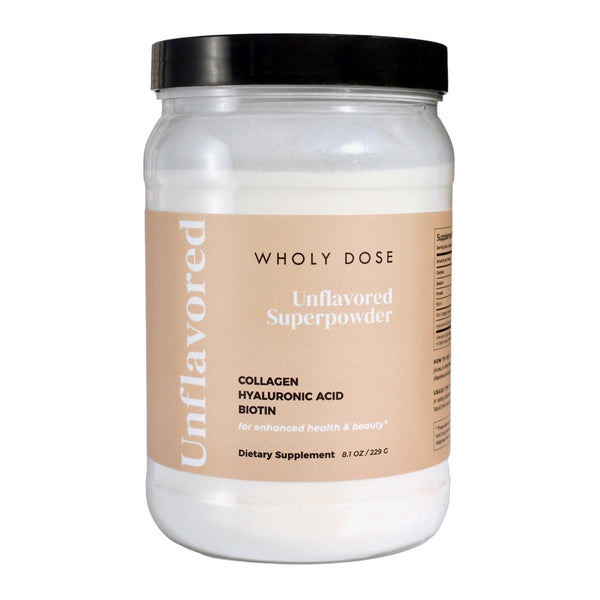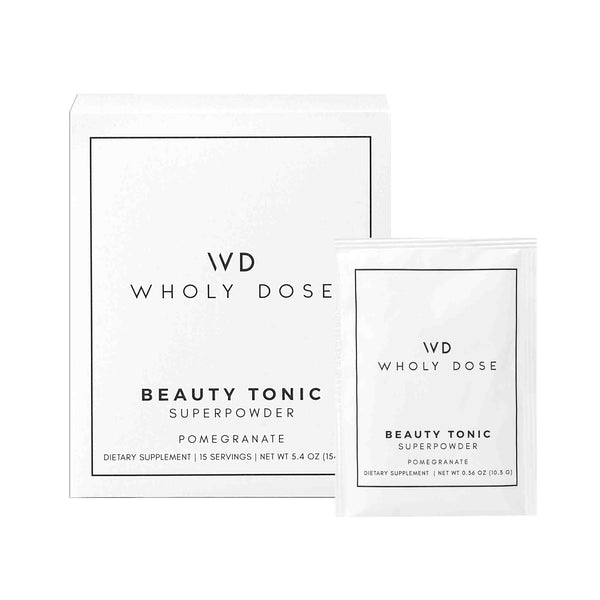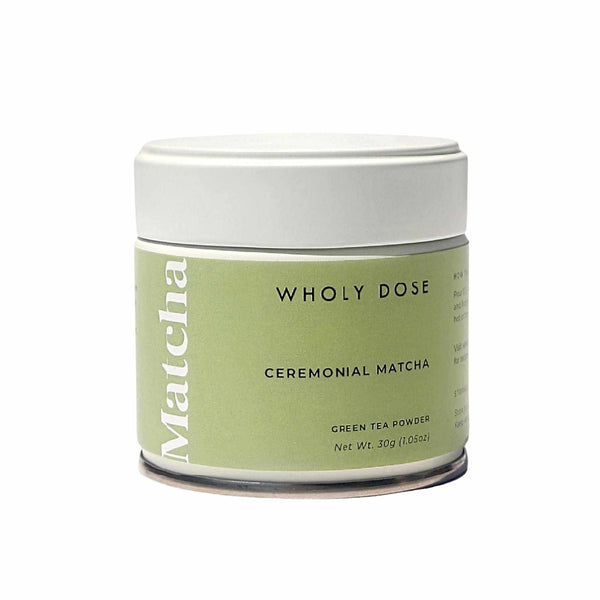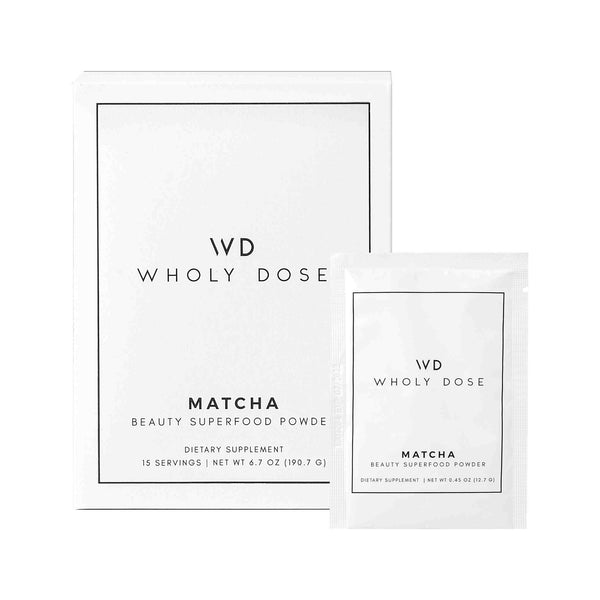Biotin at a Glance
Biotin is a B vitamin, also known as vitamin B7 or vitamin H. It is an essential nutrient that plays a
vital role in strengthening hair and nails by supporting keratin, which is primarily what hair and nails are made of.
Inadequate biotin levels can result in brittle hair and nails, hair thinning, dry skin, a lower metabolism, fatigue,
digestive problems, weight gain, insomnia or difficulty sleeping, muscle pain, and depression.
What is Biotin?
Biotin is an essential B-vitamin, also known as vitamin B7 or vitamin H. It is water soluble, which means that the body doesn’t store it, and the body doesn't naturally produce biotin, so it must be consumed.
Inadequate biotin levels may result in brittle hair and nails, hair thinning, dry skin, a lower metabolism, fatigue, digestive issues, weight gain, insomnia, muscle pain, or depression.
Biotin and
the Body
Biotin partners with key functions in your body and acts as an extra boost to do so. This vitamin plays a vital role in strengthening hair and nails by supporting keratin, which is primarily what hair and nails are made of.
According to studies, biotin also helps support immune health since it is essential in the development of white blood cells, which are the defense mechanisms of the immune system.
Boosting
Your Metabolism
Biotin also helps convert food into energy production and can boost your metabolism by metabolizing carbohydrates, fats, and proteins. Through metabolization, biotin breaks these substances into energy your body can use. More specifically, it helps the body use amino acids from protein to carry out body functions–ultimately helping your metabolism function healthily and happily for best results in your inner and outer self.
The Benefits of Biotin
- Hair
- Nails
- Immunity
- Energy
- Cognitive Function
-Increases hair growth
- Aids in hair thinning
- Thickens hair
- Increases shine and hair health
For years, dermatologists have quietly prescribed a B vitamin called biotin for hair loss, despite a lack of studies showing its benefit. Biotin to be very helpful for hair disorders. It’s primarily used for alopecia, the medical word for hair loss in men or women. Biotin improves hair growth and helps with inflammation, the hair follicle, the skin and the nails all benefit.
- Strengthens nails and decreases brittleness
- Decreases nail breaking
- Aids in making nails stronger, firmer, and thicker
Biotin is an essential nutrient that plays a vital role in strengthening hair and nails by supporting keratin, which is primarily what hair and nails are made of. This vitamin helps strengthen nails, making them grow faster, thicker, and become less brittle.*
- Essential in white cell development
- Aids in defense mechanisms for your immunity
- Balances the immune system
- Increases gut health
Biotin is needed for white blood cell development, which are defense mechanisms of your immune system and work to fight against viruses and bacteria that can make you sick. Our bodies have two types of different white blood cells (TH1 and TH2), in which, they both need to balance each other out. Biotin aids in bringing balance to your gut which in turns balances the immune system with about 75% of your immune system being located inside your gut.
- Converts food and nutrients into energy
- Aids in the essential function of amino acids
- Boosts protein function
- Boosts overall metabolic function
Specifically, Biotin converts carbs, fats, sugars, and proteins into energy for proper day to day activities and functioning by helping the body derive amino acids from protein to carry out body functions. Due to the conversion of food into energy, biotin can boost your metabolism.
- Boosts nerve signaling
- Aids in neurotransmitter activity
- Increases memory functioning
- Fights against cognitive impairment
Biotin benefits the health of your nervous system because Biotin and B-vitamins play significant roles in keeping your nervous system in working order through nerve signaling and neurotransmitter activity. Studies have shown that B vitamins together to influence memory functioning and can aid against cognitive impairment and cognitive decline.









